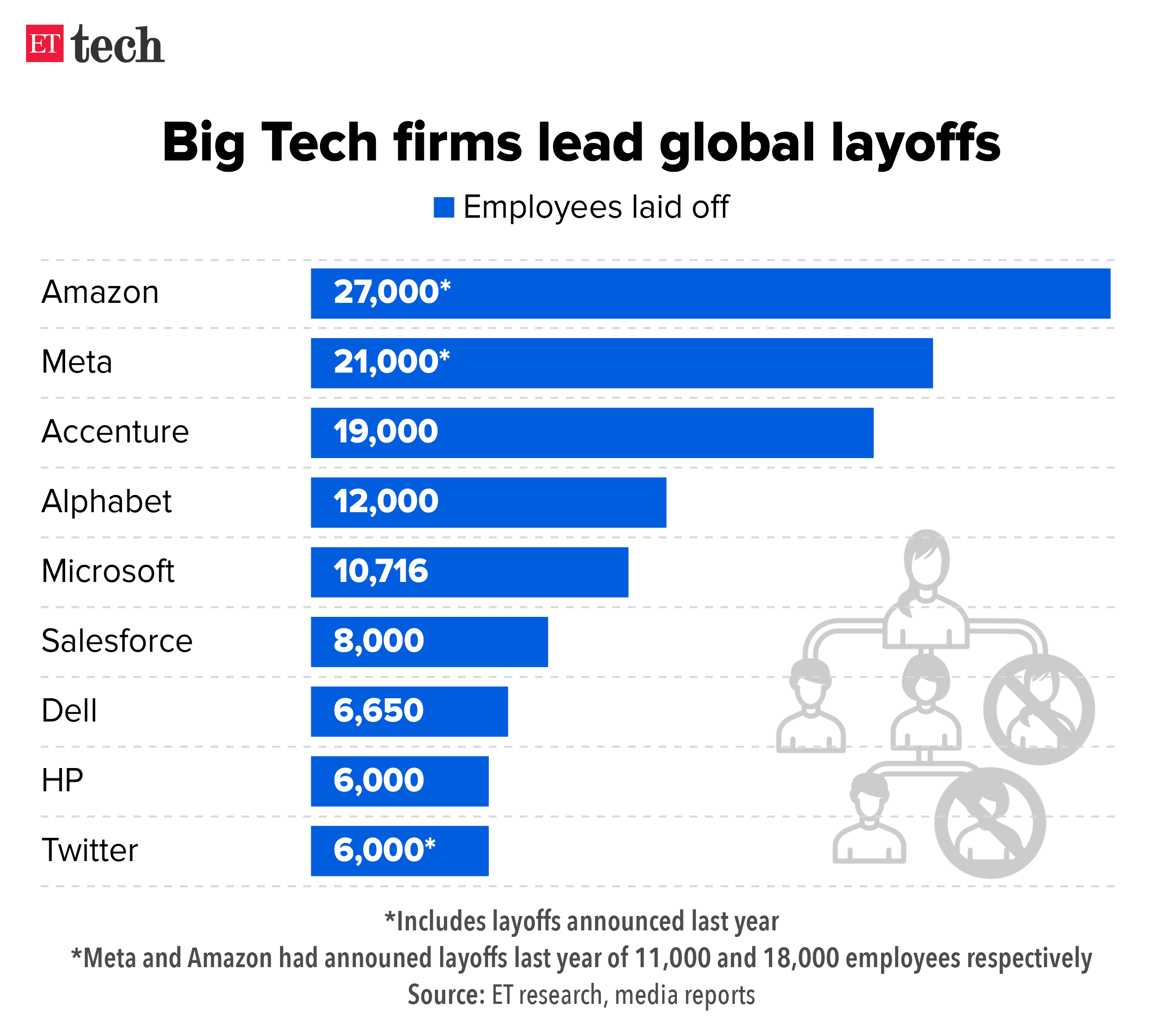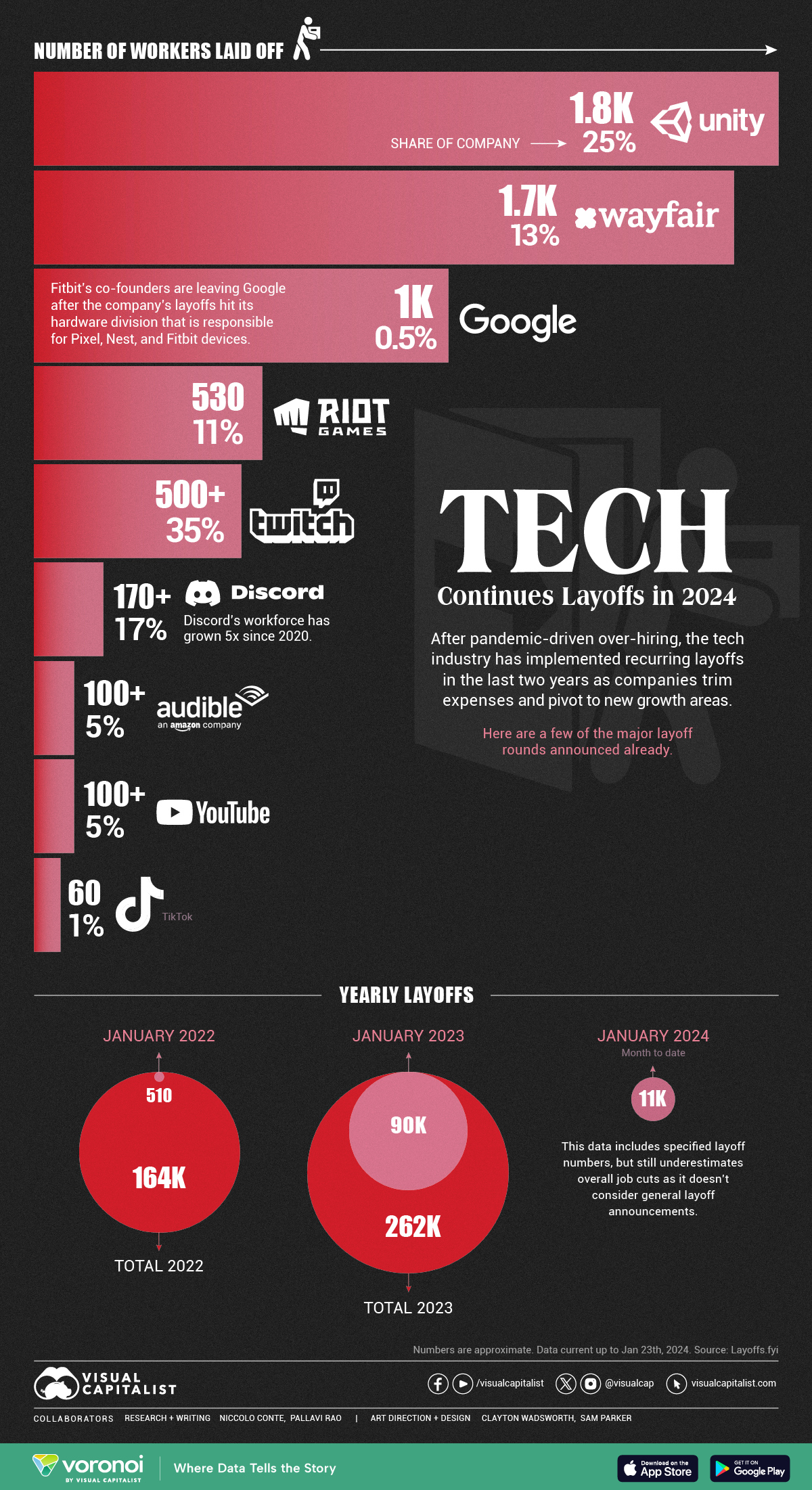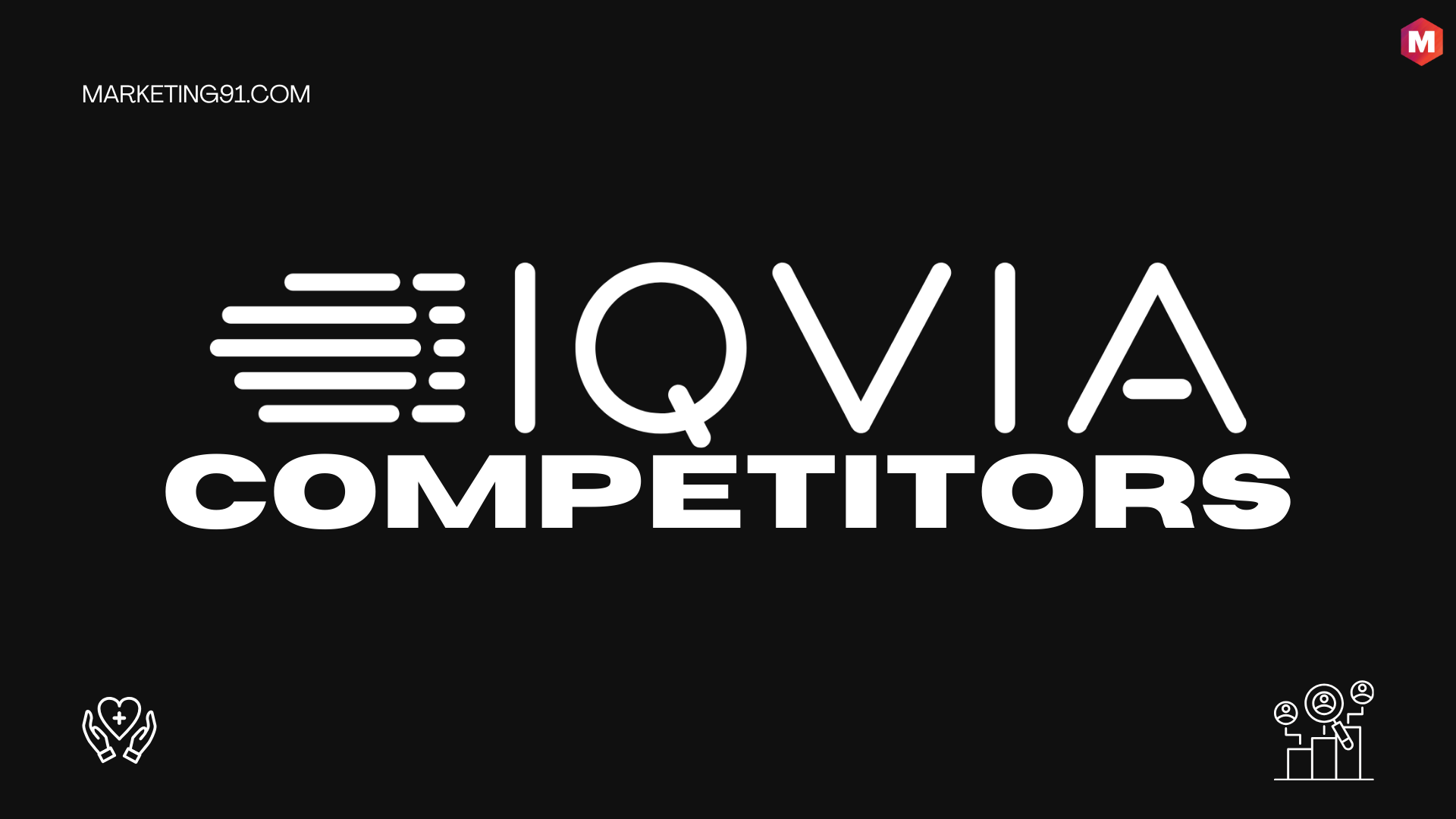Detail Author:
- Name : Prof. Bailee Larson PhD
- Username : gmitchell
- Email : mossie.kutch@crooks.net
- Birthdate : 2003-01-06
- Address : 639 Anahi Causeway Suite 398 Reichelville, OR 89662
- Phone : (802) 721-3039
- Company : Boehm PLC
- Job : Engine Assembler
- Bio : Hic facilis harum quo et ut sint illum. Doloribus placeat enim atque quo rem corrupti doloremque vel. Ut ea laboriosam perspiciatis ipsa optio. Et explicabo vel libero enim.
Socials
linkedin:
- url : https://linkedin.com/in/mgorczany
- username : mgorczany
- bio : Eaque nemo delectus aut et pariatur.
- followers : 2675
- following : 2824
instagram:
- url : https://instagram.com/gorczanym
- username : gorczanym
- bio : Recusandae dolor aut molestiae et. Amet dolores fuga sint ea iste.
- followers : 5143
- following : 2991
tiktok:
- url : https://tiktok.com/@marshall_real
- username : marshall_real
- bio : Ad eum quo nam occaecati. Nihil tempora omnis nesciunt similique a architecto.
- followers : 842
- following : 178
twitter:
- url : https://twitter.com/gorczany1976
- username : gorczany1976
- bio : Doloremque voluptas repudiandae ab est in aut et iusto. Saepe incidunt reprehenderit quia debitis quis distinctio et. Ea facilis optio quis architecto et aut.
- followers : 5224
- following : 1782
facebook:
- url : https://facebook.com/marshall.gorczany
- username : marshall.gorczany
- bio : Omnis eligendi sed necessitatibus ut nam ullam omnis.
- followers : 316
- following : 2661
The healthcare and life sciences sectors are, you know, always changing. It's a very active space, with new ideas popping up all the time and economic shifts that can make anyone wonder what's next. So, when people start talking about big companies like IQVIA and phrases like "IQVIA layoffs 2025," it's completely natural for folks to feel a bit unsure or curious about what's going on. This kind of discussion often comes up when industries are going through a lot of transformation.
It’s pretty common to hear whispers or concerns about job security, especially as technology keeps moving forward and the global economy does its own thing. For a company that is, arguably, a leader in healthcare innovation, like IQVIA, these sorts of conversations are just part of a much bigger picture. They are, after all, deeply involved in shaping the future of health.
This piece will explore the various aspects that contribute to these discussions, looking at the wider industry picture and what IQVIA's own stated strengths might suggest about its path forward. We'll try to help you make sense of the talk around potential changes and how you might prepare for what's ahead, so you can feel a little more ready for whatever comes.
Table of Contents
- The Evolving Healthcare Landscape
- IQVIA's Core Strengths and Strategic Direction
- Workforce Adaptation in a Changing Industry
- Preparing for Industry Shifts
- Common Questions About Workforce Changes
The Evolving Healthcare Landscape
Industry Trends Shaping Employment
The healthcare industry is, quite honestly, always on the move. We see big changes coming from things like new regulations, shifts in how patients want care, and, you know, just the sheer speed of scientific discovery. These factors, and many others, can certainly influence how companies operate and where they put their resources. Economic conditions, for instance, play a really big part; a global slowdown might cause businesses to look for ways to be more efficient, which sometimes means looking at their workforce numbers. It's a pretty complex mix, with lots of moving parts.
Demographic changes, like an aging population in many parts of the world, are also putting new demands on healthcare systems. This, in turn, can shift where jobs are needed and what kind of skills are most valuable. It's a bit like a ripple effect, where one change can lead to several others down the line. Companies are always trying to adjust, to make sure they are ready for what's next, and that means sometimes rethinking how they operate, so.
Think about how patient care has changed, too. People are increasingly looking for more personalized and convenient options. This push for new ways of delivering care means that healthcare providers and their partners, like IQVIA, are constantly looking for fresh approaches. It’s a very dynamic situation, and it really does impact how businesses plan for the future, including their staffing needs, you know.
The Role of Technology and AI
Technology, especially artificial intelligence (AI), is transforming nearly every sector, and healthcare is certainly no exception. AI can help with everything from discovering new medicines to making patient care more efficient. This means that some traditional job roles might change, or even disappear, while entirely new ones emerge. It’s a natural part of progress, really.
For instance, AI is becoming incredibly good at processing vast amounts of data, something that used to take many hours of human effort. This capability can speed up research and development, making it possible to bring new treatments to people faster. So, while it creates new opportunities, it also means companies might need fewer people for certain tasks, or people with different skill sets, at least in some areas.
Our own text mentions, "Building on a rich history of developing AI for healthcare, IQVIA AI connects the right data, technology, and expertise to address the unique needs of healthcare." This shows just how committed IQVIA is to using AI. This kind of focus on advanced technology means they are always looking for ways to improve, which could involve rethinking how their teams are structured. It's about working smarter, you know, and sometimes that means different roles are needed.
IQVIA's Core Strengths and Strategic Direction
A Deep Dive into IQVIA's Capabilities
IQVIA, as our provided information shows, is a pretty big player in the global healthcare space. They are, apparently, a leading global company that helps clients advance healthcare and human health. They do this by using data, technology, advanced analytics, and human expertise. This combination is, quite frankly, pretty powerful.
The company seems to have a strong focus on data. Our text says, "Your healthcare data deserves more than just a cloud." This implies they see data as a really valuable asset, something to be managed with great care and used for deep insights. They are also, like, very involved in "zukunftsweisender analytik," which means forward-looking analytics. This suggests they are always trying to predict trends and find new solutions.
IQVIA also talks about "hybrid and fully virtual solutions," which have been used quite a bit. This highlights their ability to adapt to modern ways of working and delivering services, which is pretty important in today's world. They also mention that they support "life science unternehmen, verbände," so they work with a wide range of organizations, helping them with their specific needs. This broad reach, you know, really shows their influence.
They even have platforms like "《前沿视点》" in China, which serves as a platform for market insights, providing fresh, comprehensive, and deep information to professionals. This shows their commitment to providing valuable resources and staying at the forefront of the industry. It's what they call "healthcare," essentially, a comprehensive approach to improving health outcomes for everyone.
How Innovation Shapes the Workforce
When a company like IQVIA is so focused on innovation, it naturally has a big effect on its workforce. Constantly developing new technologies, like AI for healthcare, means that the skills needed within the company are always changing. People who work there might need to learn new things, or perhaps different kinds of specialists become more important. It's a pretty dynamic environment, actually.
For instance, if AI can automate certain tasks, then the people who used to do those tasks might be needed for more strategic or creative roles. This isn't always about reducing staff, but rather about reallocating talent to areas where human insight and complex problem-solving are truly essential. It’s about making the most of everyone’s abilities, in a way.
IQVIA's emphasis on "connecting the right data, technology, and expertise" means they are always looking for the best way to combine these elements. This could lead to teams being structured differently, or new departments being created to handle emerging areas. So, while "IQVIA layoffs 2025" might be a topic of discussion, it's often in the context of these larger strategic shifts rather than just simple cost-cutting. It's about evolving to meet new challenges, you know.
Workforce Adaptation in a Changing Industry
Understanding Potential Shifts
When we talk about workforce changes, it's not always about reductions. Sometimes, it's about re-skilling, up-skilling, or moving people to different parts of the business where their talents can be used more effectively. In an industry that is, like, constantly innovating, companies need to make sure their teams have the right mix of skills for the future. So, the discussion around "IQVIA layoffs 2025" might also include how the company plans to adapt its workforce to new demands.
Companies might, for example, invest heavily in training programs to help their current employees gain new expertise in areas like AI, data analytics, or virtual healthcare solutions. This helps them keep valuable talent within the organization while also ensuring they have the capabilities needed for new projects. It's a smart way to stay competitive, you know.
Sometimes, shifts happen because certain parts of the business grow very quickly, while others might slow down a bit. This natural ebb and flow means that resources, including human resources, need to be adjusted accordingly. It's a complex balancing act, honestly, for any large global company.
Supporting Employees Through Change
For any company facing potential workforce adjustments, how they support their employees through these changes is, pretty important. This could involve offering career counseling, helping people find new roles internally, or providing outplacement services if external opportunities are needed. It’s about treating people with respect and helping them through what can be a very difficult time.
Open communication is, also, key during periods of change. When companies are transparent about their plans and why certain decisions are being made, it can help reduce anxiety and build trust. Employees want to know what's happening and how it might affect them, so.
A company that values its human expertise, as IQVIA does, would likely put a lot of thought into how to manage any workforce shifts with care. After all, their success comes from their people, and that's something they probably wouldn't want to lose sight of. It's about maintaining a strong team, even when things are changing, you know.
Preparing for Industry Shifts
Skills for the Future
For anyone working in healthcare or life sciences, staying relevant means always learning new things. Given the rapid pace of change, especially with AI and data analytics, developing new skills is, very important. Think about areas like machine learning, data science, cybersecurity, or even advanced project management for virtual teams. These are, arguably, skills that are becoming more and more valuable.
Consider taking online courses, getting certifications, or even just spending time learning about new technologies and their applications in healthcare. Being proactive about your own development can make a big difference, you know. It shows that you are adaptable and ready for what's next.
Networking with other professionals in your field can also open doors to new opportunities and help you stay informed about industry trends. Attending webinars or virtual conferences, for instance, can be a great way to meet people and learn about emerging areas. It's about building your own resilience, basically.
Staying Informed and Connected
Keeping up with industry news and developments is, pretty essential. Follow reputable healthcare news sources, subscribe to industry newsletters, and pay attention to reports from research firms. This helps you understand the broader context of any discussions around "IQVIA layoffs 2025" or similar topics in other companies.
Being connected to your professional community, both inside and outside your current workplace, can also provide valuable insights. People often share information about new opportunities or shifts in company strategies. It’s a bit like having an early warning system, so.
Remember, the healthcare industry is always growing and changing, even if certain segments face adjustments. There are always new areas emerging, new challenges to solve, and new ways to contribute. Staying curious and proactive is, frankly, your best bet for a strong future. You can learn more about healthcare data and analytics on our site, which might give you some additional insights.
Common Questions About Workforce Changes
Frequently Asked Questions
Q1: What does "IQVIA layoffs 2025" actually mean?
A: The phrase "IQVIA layoffs 2025" refers to discussions or concerns about potential workforce reductions at IQVIA in the year 2025. It's a topic that comes up when people consider the impact of industry changes, economic shifts, or technological advancements on a company's staffing needs. It doesn't necessarily mean confirmed layoffs are happening, but rather that it's a subject people are thinking and talking about, so.
Q2: How do companies like IQVIA usually handle workforce adjustments?
A: Companies like IQVIA, which rely on specialized expertise and are global leaders, typically approach workforce adjustments with careful consideration. They might, for example, explore options like internal redeployment, re-skilling programs, or voluntary separation packages before considering broader layoffs. The goal is often to align their workforce with evolving business needs while supporting their employees, you know.
Q3: What can I do to prepare for potential changes in the healthcare job market?
A: To prepare, it's really good to focus on continuous learning, especially in areas like AI, data analytics, and digital health, which are growing very fast. Building a strong professional network and staying informed about industry trends are also very helpful. Regularly updating your skills and being open to new opportunities can make you more adaptable in a changing market. You might explore our insights into healthcare innovation to help you stay ahead.


